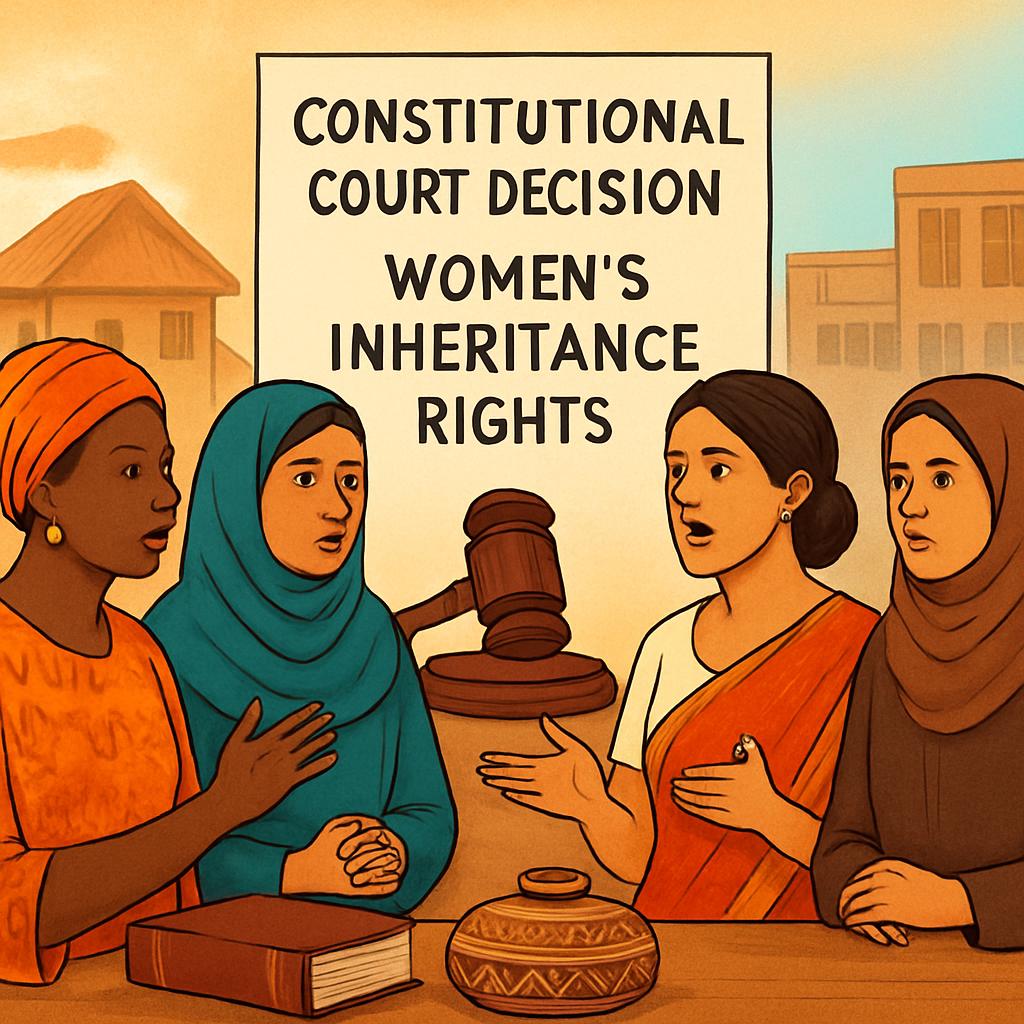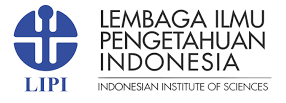The Transformation of Gender Roles within the Family: A Socio-Legal Study on the Responsibilities of Husbands and Wives
Abstract
Social, economic, and cultural developments in Indonesia have significantly transformed family structures and relationships, particularly in the distribution of responsibilities between husbands and wives. Although Indonesian positive law primarily through Law No. 1 of 1974 on Marriage as amended by Law No. 16 of 2019, and the Compilation of Islamic Law (KHI) continues to affirm the husband as the head of the household and the wife as the homemaker, social realities indicate a shift toward more egalitarian family relations. The central issue of this study concerns how Indonesian family law accommodates social change and the transformation of gender roles without undermining the principles of justice and equality within the family. This research employs a normative legal approach combined with statutory and socio-legal perspectives, analyzed using a qualitative descriptive-analytical method. The findings reveal that Indonesian family law remains grounded in a patriarchal paradigm that positions men as dominant figures in the household. However, from a socio-legal and feminist legal perspective, there has been a noticeable shift in values and social practices toward gender equality in familial roles. This phenomenon has created a legal gap between normative frameworks and social realities, necessitating reinterpretation and reform of family law to ensure its responsiveness to substantive justice and gender equality principles. Therefore, family law in Indonesia should be reoriented toward an egalitarian and relational partnership paradigm that recognizes husbands and wives as equal legal subjects in rights, duties, and familial responsibilities.




1.png)





.png)

.png)







